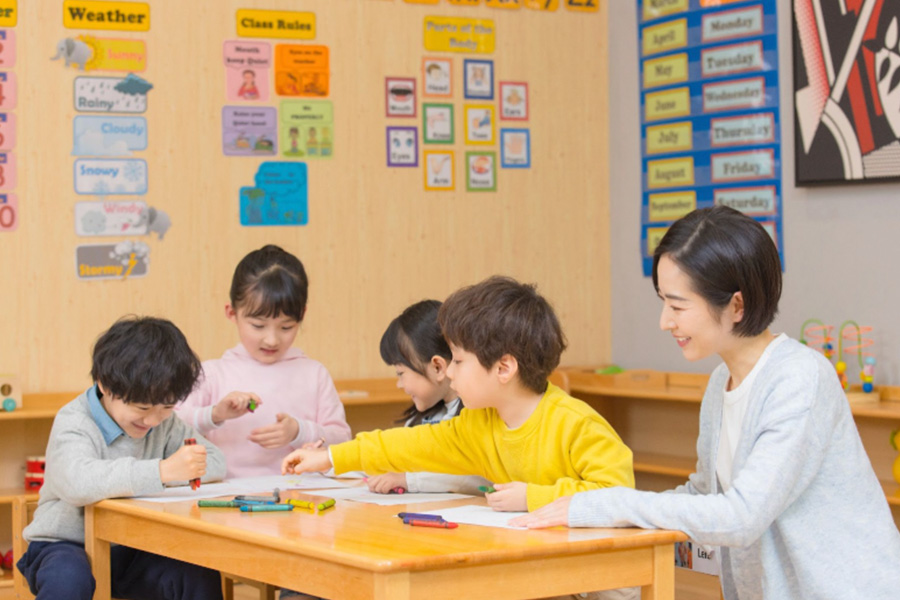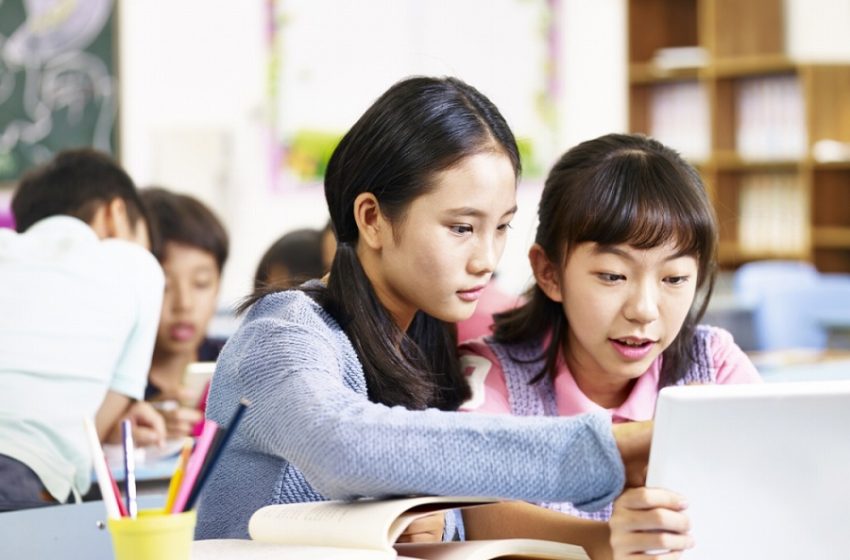Children absorb language faster than adults, which makes the preschool years a golden window for learning Mandarin. At this stage, their curiosity is unfiltered, and their brains are primed for pattern recognition. A Mandarin preschool doesn’t simply teach vocabulary; it immerses children in the rhythm and expression of the language through stories, songs, and social play. Many parents notice that children exposed to Mandarin early develop stronger listening and speaking skills later on. They gain the ability to switch between languages with ease, which becomes a quiet confidence in primary school and beyond.
Let’s discuss some points why Mandarin preschool exposure builds brighter thinkers.
It Builds Lifelong Communication Skills
Language is more than words. It’s tone, gesture, and culture wrapped into one. When children attend a Mandarin preschool, they start viewing language as a living, breathing experience rather than an academic subject. Teachers integrate Mandarin into daily moments: greeting friends, tidying up, or sharing snacks.
This level of consistency shapes both vocabulary and social confidence. Over time, children learn to express thoughts clearly and adapt speech to context. Parents often find that children start blending phrases naturally into conversations at home. That casual code-switching hints at early fluency and flexibility, qualities that serve them well in multilingual Singapore.
It Connects Cultural Understanding with Daily Life
Mandarin isn’t only a language; it carries heritage and values that shape a child’s worldview. Festivals, songs, and traditional crafts are woven into lessons, giving context to what children hear and say. A mandarin preschool helps children connect stories of the past with experiences in the present, creating a sense of belonging.
These small yet consistent exposures to culture build empathy and openness. Children start understanding why certain gestures or customs matter, learning respect for diversity from a young age. The beauty lies in how this cultural awareness grows naturally, without formal instruction.
It Encourages Cognitive Growth through Play
Structured learning may seem premature for preschoolers, but play-based exposure makes all the difference. Within a balanced preschool curriculum, lessons are disguised as activities that strengthen focus and memory. For instance, matching games using Mandarin characters or storytelling circles that build narrative thinking help bridge language with creativity.
Research suggests that bilingual children develop improved problem-solving and multitasking abilities. The constant shift between languages exercises parts of the brain responsible for attention and control. A thoughtfully designed curriculum introduces Mandarin gently but purposefully, balancing exploration with guided learning.
Parents can see the results in everyday life, children who adapt quickly to change, follow instructions better, and show curiosity in learning beyond the classroom.
It Strengthens Emotional and Social Bonds
Children thrive in familiar environments where communication feels easy. Through consistent exposure, Mandarin becomes part of a child’s comfort zone. Teachers who blend Mandarin into daily routines give children tools to express emotions (happiness, frustration, or excitement) in another language.
This kind of emotional fluency helps in social interaction. When peers share games and stories in Mandarin, friendships grow beyond surface-level play. Parents sometimes notice that these early experiences even help their children connect with grandparents or extended family members more easily.
Over time, such connections create a foundation of confidence and kindness, two traits that matter far beyond academics.
It Prepares for a Global Future
Singapore’s multilingual landscape rewards adaptability. A child fluent in Mandarin from preschool gains an early advantage in communication across communities. The preschool curriculum sets the groundwork for this, introducing Mandarin through songs, dialogue, and early literacy.
By the time these children reach primary school, they already possess familiarity with tones and sentence patterns. This makes advanced learning smoother and less stressful. Beyond the classroom, bilingual skills open doors, from future studies to cultural exchanges and even international opportunities.
Parents looking ahead can see how early exposure becomes a practical skill, not just a linguistic milestone.
Starting with a Mandarin preschool gives children more than language fluency. It builds confidence, curiosity, and cultural understanding that last through their formative years. With a structured preschool curriculum, they gain emotional intelligence, stronger communication habits, and a natural sense of connection to the world around them.
Visit Orange Tree Preschool to learn more about programmes that support bilingual growth from the very beginning.



